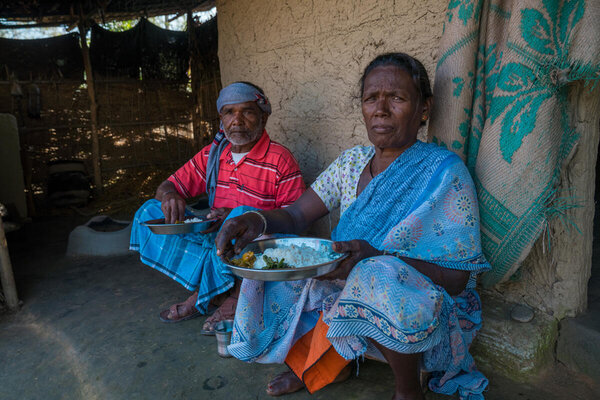WFP experts at major event to tackle impact of increasing disasters
In 2021, extreme climate events drove more than 23 million people into food crises. 80 percent of the world’s food insecure people live in areas prone to natural hazards and high levels of environmental degradation. In these settings, disaster risk reduction is crucial for ensuring food security and enabling long-term sustainable development.
WFP is one of the largest implementors of disaster risk reduction activities in the United Nations system. In 2021, WFP protected over 2.7 million people in 18 countries with climate risk insurance and through its Anticipatory Action programmes WFP supports governments and communities in Asia, Africa, Latin America and the Caribbean to proactively manage growing climate risks.
WFP spokespeople available in Bali to comment on the impacts of disasters on food security and WFP initiatives to reduce disaster risk:
- Gernot Laganda – WFP Chief of Climate and Disaster Risk Reduction
- Katiuscia Fara – WFP Climate and Disaster Risk Reduction Advisor for the Asia and Pacific region.
# # #
The United Nations World Food Programme is the world’s largest humanitarian organization, saving lives in emergencies and using food assistance to build a pathway to peace, stability and prosperity for people recovering from conflict, disasters and the impact of climate change.
Follow us on Twitter @wfp_media


